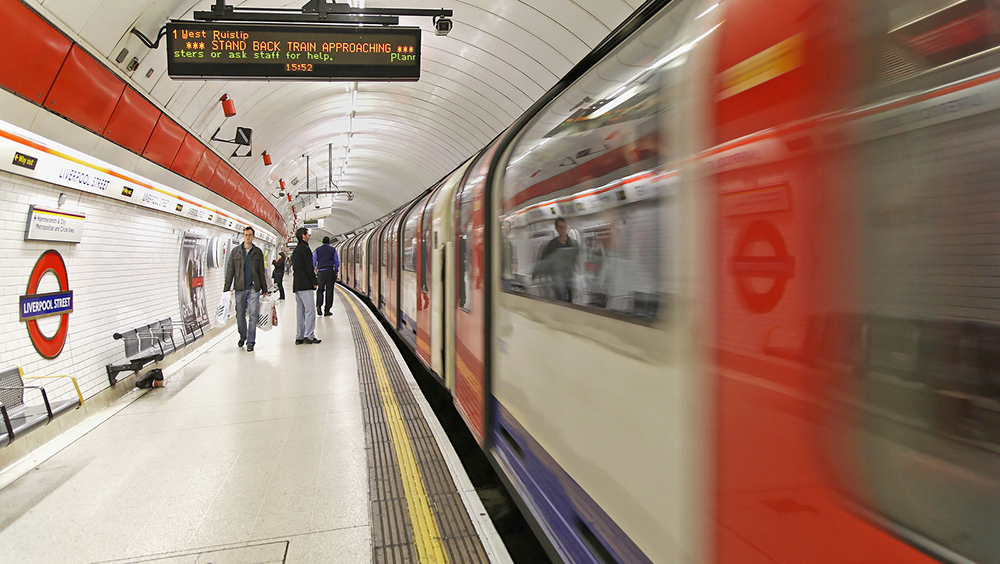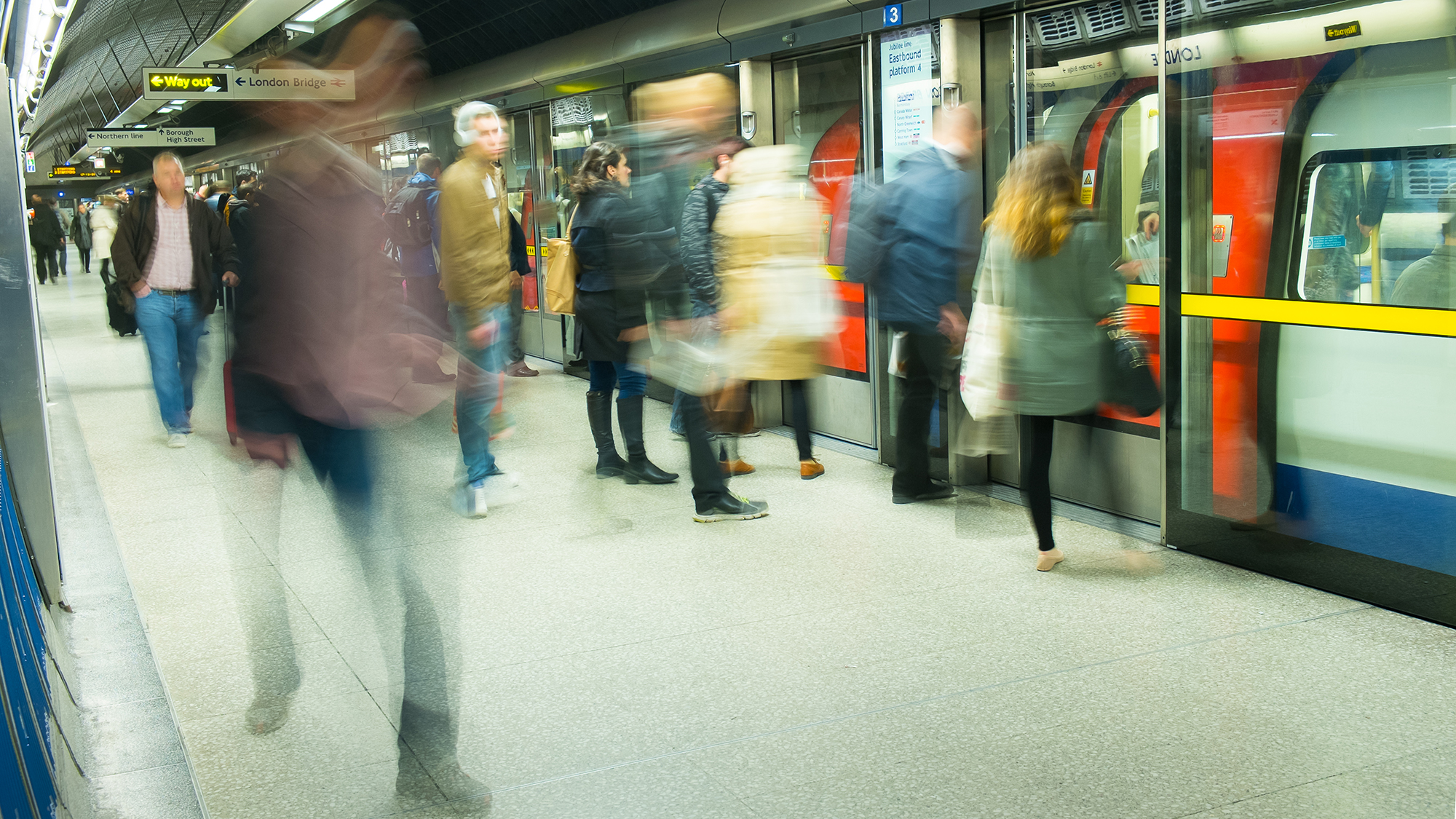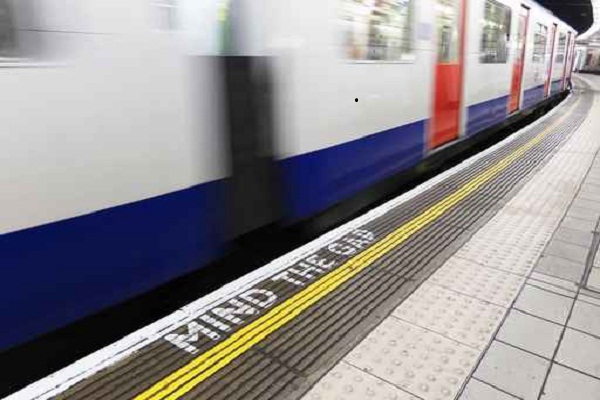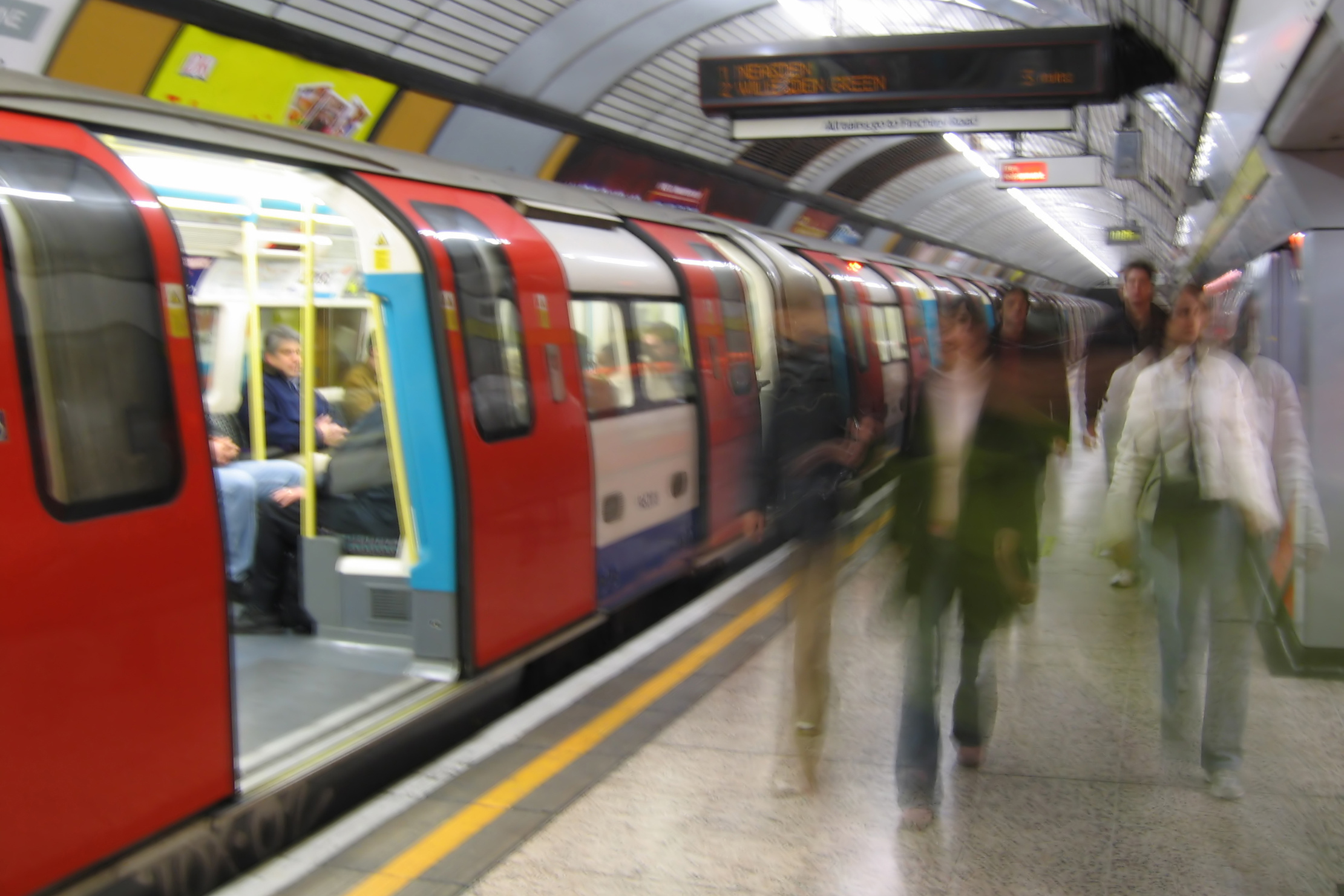TfL to track Wi-Fi connections of London Underground passengers
TfL could increase revenues by showing advertisers where biggest footfall is within stations

Transport for London (TfL) will monitor Wi-Fi connection request data from London Underground passengers' smartphones.
It will do this as part of a four-week trial, from Monday 21 November, in a bit to get "a more accurate understanding of how people move through stations, interchange between services and how crowding develops".
Currently, TfL only captures and analyses data of when people have taped in to enter a station, and when they tap out using data from the contactless machines which accept Oyster cards, debit cards and credit cards.
The trial will consist of collecting Wi-Fi connection requests from mobile devices as customers pass through stations. When a device has Wi-Fi enabled, it will keep searching for a Wi-Fi network by sending out a unique identifier better known as a Media Access Control (MAC) address to nearby routers.
That data is then "automatically de-personalised" to avoid any issues it could have with privacy, and is then analysed by TfL. The aim is to get a better picture of how passengers are using the Tube network and use this information to make any necessary changes.
TfL hopes to use this data to increase revenue from companies that advertise within stations it can do this by showing interested parties where the biggest footfall within a station is, and charge premium prices accordingly.
Shashi Verma, chief technology officer (CTO) at TfL said: "The short trial will help us understand whether Wi-Fi connection data could help us plan and operate our transport network more effectively for customers".
Get the ITPro daily newsletter
Sign up today and you will receive a free copy of our Future Focus 2025 report - the leading guidance on AI, cybersecurity and other IT challenges as per 700+ senior executives
"Historically, if we wanted to know how people travelled we would have to rely on paper surveys and manual counting, which is expensive, time-consuming and limited in detail and reliability. We hope the results of this trial will enable us to provide customers with even better information for journey planning and avoiding congestion," he added.
-
 Should AI PCs be part of your next hardware refresh?
Should AI PCs be part of your next hardware refresh?AI PCs are fast becoming a business staple and a surefire way to future-proof your business
By Bobby Hellard
-
 Westcon-Comstor and Vectra AI launch brace of new channel initiatives
Westcon-Comstor and Vectra AI launch brace of new channel initiativesNews Westcon-Comstor and Vectra AI have announced the launch of two new channel growth initiatives focused on the managed security service provider (MSSP) space and AWS Marketplace.
By Daniel Todd
-
 TfL will track tube passengers to improve its service
TfL will track tube passengers to improve its serviceNews Company will harvest anonymous data from passengers using the free Underground WiFi
By Adam Shepherd
-
 Tube customers to be charged for Wi-Fi access from January
Tube customers to be charged for Wi-Fi access from JanuaryNews Meanwhile, Vodafone, EE and Virgin Media customers will still be able to enjoy free internet access on the London Tube network.
By Lindsay Vormack
-
 London Underground ditches mobile plans
London Underground ditches mobile plansNews Mobile coverage won't be coming to the Underground - at least not in time for the Olympics.
By Tom Brewster
-
 London Underground gets Wi-Fi for 2012
London Underground gets Wi-Fi for 2012News TfL invites bidders to set up Wi-Fi in 120 tube stations by the time the Olympic Games come to town.
By Jennifer Scott
-
 Boris brings mobile to tube for 2012?
Boris brings mobile to tube for 2012?News The Mayor of London is reportedly in talks with mobile operators to bring mobile coverage to the London Underground.
By Jennifer Scott